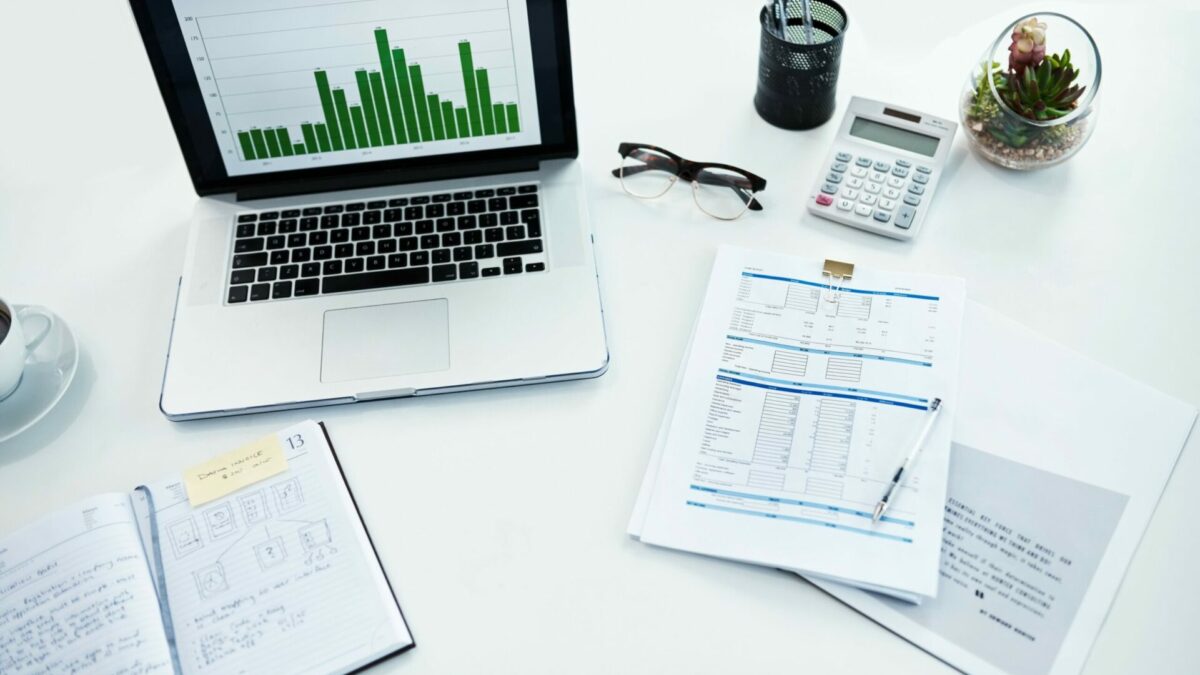Forensic Services Partner Fiona Hotston Moore explores the effect of the pandemic on the business valuation process relating to legal disputes
Exploring the impact of COVID-19 on business valuations
We are now over a year into the pandemic, and the effect that it has had on the UK legal system is undeniable, with court backlogs reaching crisis levels according to a recent report from the House of Lords constitution committee.
But while we await a return to more normal proceedings, and a clearing of the backlog, legal disputes continue to develop. Notably, family businesses continue to seek valuations of their operations to assist in commercial and shareholder disputes and matrimonial matters. As we approach the lifting of lockdown, it’s therefore a useful time to stop and reflect on how the process behind those valuations has changed and will continue to change post-COVID.
How has the pandemic affected business valuations?
Despite the recently unveiled “roadmap out of lockdown,” released by the government to ease lockdown restrictions in England, there is still a high level of uncertainty over when things will begin to return to normal in terms of businesses’ performance, making it more challenging to ascertain a company’s trajectory. Every organisation’s situation is markedly different, so valuation should be approached pragmatically and with caution.
Prior to the pandemic, the primary approach to assessing the value of a trading business would be through examination of a firm’s attainable earnings. By scouring historical trading and sales data, while considering current trends and the firm’s future plans, it’s possible to deduce a multiple that can be applied to a firm’s maintainable earnings in order to assess its enterprise value.

Valuing a business using this method can be challenging at the best of times as there are numerous internal and external factors that can influence the final figure; some of which are completely unpredictable. Doing so at a time of volatility is therefore even more difficult.
This is why alternative methods of valuation may also come into play during the pandemic. For example, businesses may have taken on considerable additional debt including through the Coronavirus Business Interruption Loan Scheme (CBILS) and the Bounce Back Loan Scheme (BBLS). Businesses that would previously have been valued by capitalising the estimated maintainable earnings may now need to be valued based on net assets.
Going forward, the likely first step that any valuer will take in the post-COVID landscape is to ascertain what we describe as the firm’s EBITDAC – Earnings Before Interest, Taxation, Depreciation, Amortisation and COVID-19, and then to consider the impact of the pandemic on both earnings and the respective business’ cash and debt.
The pandemic has impacted different firms in different ways. The hospitality industry for example is under immense financial pressure following a year of limited revenues. At the start of 2021, an estimated one in three hospitality businesses were fearing collapse before the end of lockdown measures. Contrastingly, homeware and furniture stores have enjoyed sustained periods of demand as people look to invest in the homes they’ve been confined to. However, regardless of the business’s performance over this period, calculating their position before the pandemic hit presents the valuer with a foundational figure that can be altered once the COVID variables have been applied.
The only way to then assess the impact of the pandemic is to get stuck into the detail. To understand the immediate impact, key evidence to consider includes up-to-date management accounts, business forecasts, and even discussions with the owners to gauge the reasoning for the assumptions on which any forecasts are based. In drilling down into this information, some of the more obvious evidential matters for the valuer to address include recent sales and profits, supply issues, cancelled contracts, redundancies, and customer demand. Business owners seeking a valuation should have all of these details to hand in order to provide the valuer with the complete picture.
The expert will need to consider these and other relevant points in detail, where possible placing them in the specific industry context. An experienced expert will deal with the detail and know what is happening in the real world of transactions. This is precisely the risk-based assessment that a buyer of a business would make and therefore applies to valuation.
The pandemic hasn’t only ensured a change in the way in which we value businesses but has also led to the culmination of some disputes being delayed. Many couples pursuing divorce proceedings, or business leaders locked in commercial disputes will no doubt be cautious of the economic environment and wish to delay legalities until times of greater stability where the values in question may be higher. Alongside this, family courts themselves are struggling to open with lockdown measures in place, slowing the process down.
Regardless of whether disputes occur in times of uncertainty or not, it is critical that both claimants and defendants ensure that every effort is made to ensure a fair distribution of the financial resources involved in any dispute. It’s this fairness which makes the role of expert witnesses that provide an external perspective so important. By having the correct information to hand and understanding the issues that might impact the value of their organisation, business owners can ensure a positive outcome for disputes arising now and in the future.







